May 5, 2007: Secretary of State Condoleezza Rice and Iranian Foreign Minister Manouchehr Mottaki exchange a brief, polite greeting at a conference in Egypt.
May 2006: Iranian President Mahmoud Ahmadinejad writes President Bush an 18-page letter lambasting his handling of the Sept. 11 attacks.
2001-2002: Officials from both sides communicate before and after the U.S. invasion of Afghanistan to topple the Taliban, whom Tehran also opposed.
March 2000: The Clinton administration lifts a ban on U.S. imports of Iranian luxury goods and says it would seek a legal settlement that could free Iranian assets frozen since 1979.
1985-86: A series of secret meetings take place between the United States and Iran, in which the United States sold weapons to Iran and gave the proceeds to Central American rebels. The scandal came to be known as the Iran-contra affair.
April 1980: The United States breaks diplomatic relations with Iran and imposes economic sanctions over the hostage crisis.
November 1979: Iranian militants seize the U.S. Embassy in Tehran and take 52 Americans hostage, eventually holding them for 444 days.
December 1977: President Jimmy Carter visits Iran and in a New Year's Eve toast says, "Iran, under the great leadership of the shah, is an island of stability" in the Middle East. The State Department says this was the last "substantive" high-level meeting between the two nations.
1953: Operations Ajax: Iranians working for the C.I.A. posed as Communists and harassed religious leaders. They staged the bombing of one cleric's home in a campaign to turn the country's Islamic religious community against the prevailing government.
Fearful of risking his throne, the Shah repeatedly refused to sign C.I.A.-written royal decrees to change the government. The agency arranged for the shah's twin sister, Princess Ashraf Pahlevi, and Gen. H. Norman Schwarzkopf, the father of the Desert Storm commander, to act as intermediaries to try to keep him from wilting under pressure. He still fled the country just before the coup succeeded.
And from Wikipedia:
During his reign, the Shah received significant American support, frequently making state visits to the White House and earning praise from numerous American Presidents. The Shah's close ties to Washington and his bold agenda of rapidly Westernizing Iran soon began to infuriate certain segments of the Iranian population, especially the hardline Islamic conservatives.
MEMORIAL DAY 2007: Eyes Wide Open
Details of Upcoming Events

www.youtube.com/watch?v=XJBtXRVN768
May 2006: Iranian President Mahmoud Ahmadinejad writes President Bush an 18-page letter lambasting his handling of the Sept. 11 attacks.
2001-2002: Officials from both sides communicate before and after the U.S. invasion of Afghanistan to topple the Taliban, whom Tehran also opposed.
March 2000: The Clinton administration lifts a ban on U.S. imports of Iranian luxury goods and says it would seek a legal settlement that could free Iranian assets frozen since 1979.
1985-86: A series of secret meetings take place between the United States and Iran, in which the United States sold weapons to Iran and gave the proceeds to Central American rebels. The scandal came to be known as the Iran-contra affair.
April 1980: The United States breaks diplomatic relations with Iran and imposes economic sanctions over the hostage crisis.
November 1979: Iranian militants seize the U.S. Embassy in Tehran and take 52 Americans hostage, eventually holding them for 444 days.
December 1977: President Jimmy Carter visits Iran and in a New Year's Eve toast says, "Iran, under the great leadership of the shah, is an island of stability" in the Middle East. The State Department says this was the last "substantive" high-level meeting between the two nations.
1953: Operations Ajax: Iranians working for the C.I.A. posed as Communists and harassed religious leaders. They staged the bombing of one cleric's home in a campaign to turn the country's Islamic religious community against the prevailing government.
Fearful of risking his throne, the Shah repeatedly refused to sign C.I.A.-written royal decrees to change the government. The agency arranged for the shah's twin sister, Princess Ashraf Pahlevi, and Gen. H. Norman Schwarzkopf, the father of the Desert Storm commander, to act as intermediaries to try to keep him from wilting under pressure. He still fled the country just before the coup succeeded.
And from Wikipedia:
During his reign, the Shah received significant American support, frequently making state visits to the White House and earning praise from numerous American Presidents. The Shah's close ties to Washington and his bold agenda of rapidly Westernizing Iran soon began to infuriate certain segments of the Iranian population, especially the hardline Islamic conservatives.
MEMORIAL DAY 2007: Eyes Wide Open
Details of Upcoming Events

www.youtube.com/watch?v=XJBtXRVN768
CLICK UTUBE ADDRESS TO WATCH TRAILER
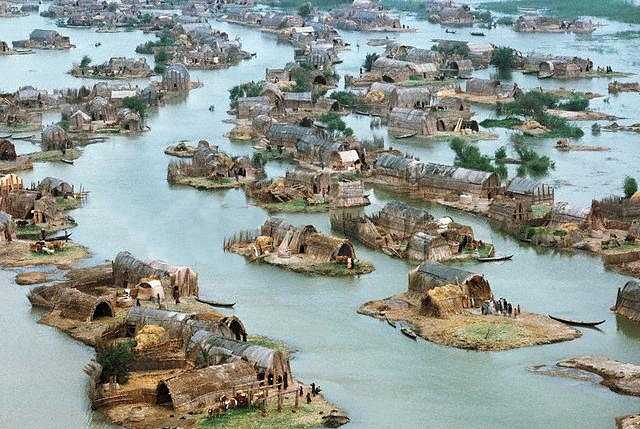
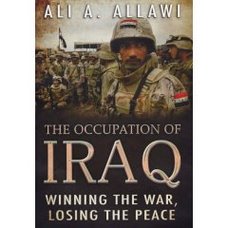
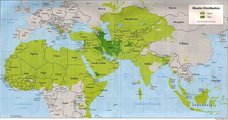
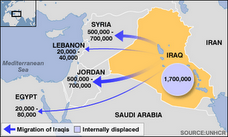
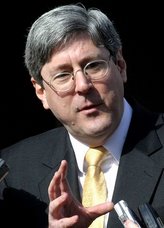
No comments:
Post a Comment